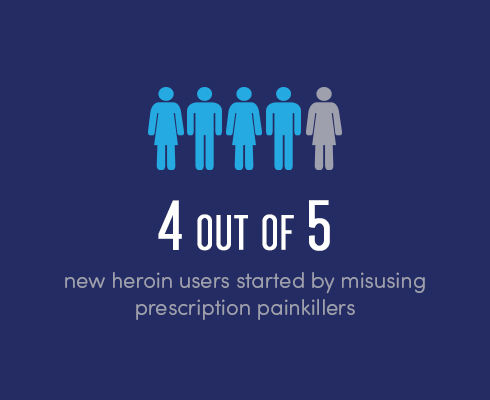Setting the Record Straight: Acadia is A Leader in Quality, Safe Behavioral Healthcare
Acadia Healthcare is proud of our over 23,500 dedicated employees, clinicians and healthcare professionals serving patients in more than 260 behavioral healthcare facilities and over 11,000 beds across the country. Through our continuum of care – from crisis intervention to intensive inpatient treatment and structured outpatient programs – we treat patients facing some of the … Read More







